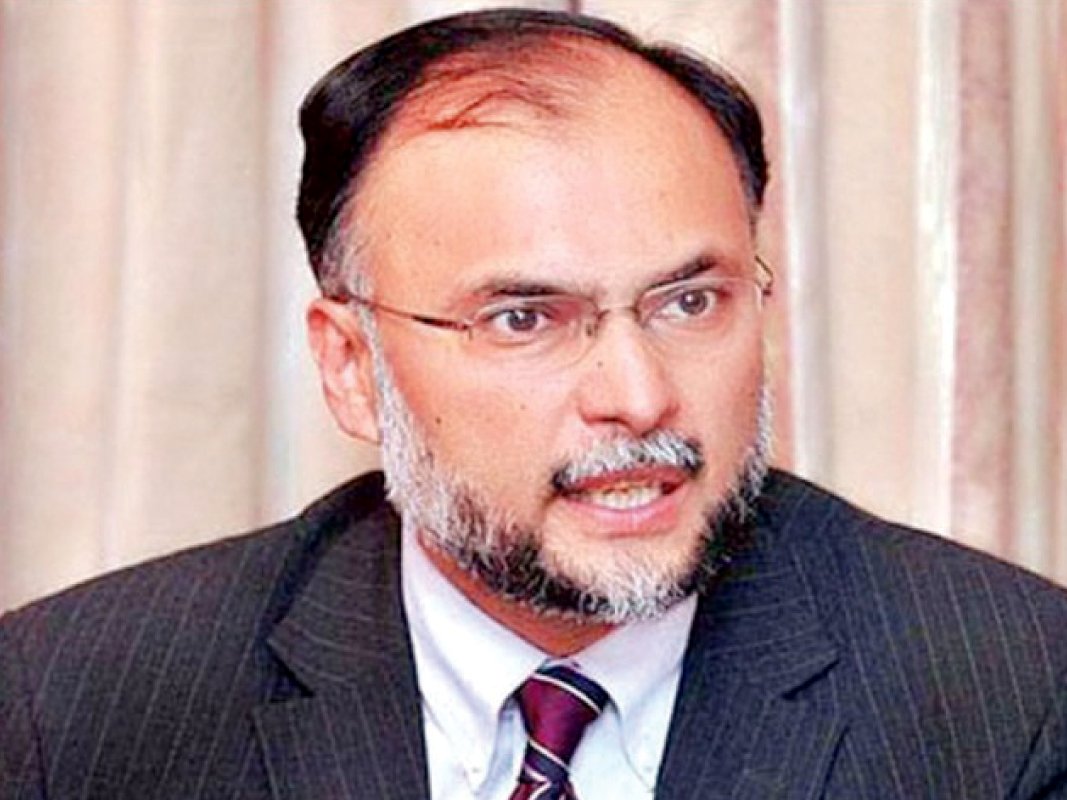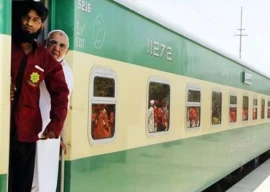
Ahsan Iqbal, the deputy secretary general of the party, alleged during a press conference that the PPP had forged an alliance with Sipah-e-Sahaba, a banned militant organisation, during 1996. He added that soon after the 1997 operation against Sipah-e-Sahaba, the militant outfit had attacked PML-N chief Nawaz Shairf.
PPP leadership had earlier blamed the PML-N for having a ‘soft corner’ for Lashker-e-Jhangvi, another banned organisation.
Iqbal stated that parties in alliance with the PPP have also in the past supported various militant organisations. He claimed that the Pakistan Muslim League-Quaid had released Azam Tariq of Sipah-e-Sahaba before the elections in 2002 so that Tariq could back the party’s candidate Mir Zafarullah Jamali for the polls.
He also said that Sindh Chief Minister Qaim Ali Shah and Governor Dr Ishratul Ibad had separately held secret meetings with the chief of Ahle Sunnat Wal Jamat Muhammad Ahmed Ludhianvi in 2010.
“It was the governments of Sindh and Balochistan who issued arms licences to Malik Ishaq, so it is beyond comprehension why they want to put the blame on the Punjab government,” he wondered, adding that the parties were blaming the Punjab government only to hide their own incompetence.
Regarding rumours about the delay in elections the PML-N leader, apparently referring to the Minhajul Quran International (MQI) chief Dr Tahirul Qadri, said that conspiracies have died down and the army too has made things clear with their public statement.
Censuring the incumbent government for its “poor performance”, he said the current circumstances warrant that a majority government takes the reins of Pakistan the next time.
Backing up his argument, Iqbal explained that a coalition government is always based on a ‘give and take’ policy which makes it difficult for the government to take important decisions. He said that the country’s economy was in a shambles and would be the biggest challenge for the next government.
Iqbal justified the party’s decision to form an electoral alliance with Jamiat Ulema Islam-Fazl, saying that the JUI-F had spent two years in opposition. In the same breath, however, he added that the party was not planning on an alliance with the MQM due to trust deficit.
COMMENTS (1)
Comments are moderated and generally will be posted if they are on-topic and not abusive.
For more information, please see our Comments FAQ






1725254039-0/Untitled-design-(24)1725254039-0-270x192.webp)
1732449527-0/Express-Tribune-(4)1732449527-0-270x192.webp)
1732441230-0/BeFunk_§_]__-(49)1732441230-0.jpg)








A face saving effort but truth exposed to nation and they are aware now and give you reply in coming election.